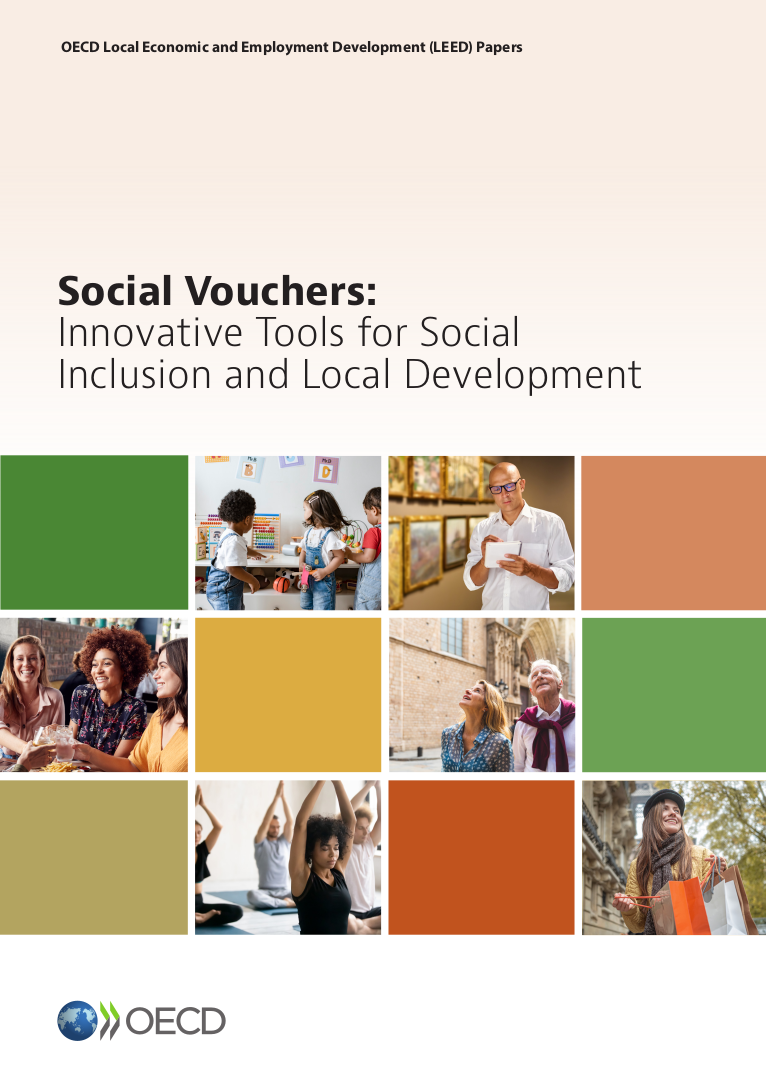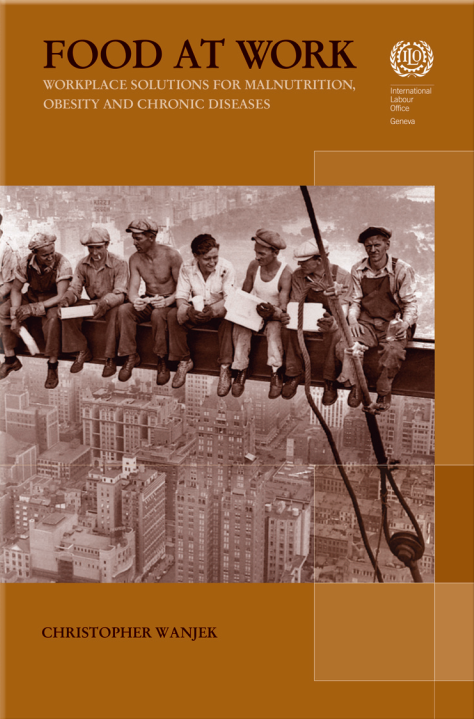OECD, Social Vouchers: Innovative Tools for Social Inclusion and Local Development, 2021
Summary

The This paper explores the role of social vouchers as a tool for social inclusion and local development. It presents a typology of vouchers and their objectives, governing institutional and regulatory frameworks, use by national and local governments, and the social economy (Section1). It analyses the challenges and opportunities for the development of vouchers in light of the COVID-19 crisis and suggests recommendations to effectively capitalise on social vouchers as a tool to “build back better” (Section 2). Finally, it illustrates and analyses specific cases in Belgium, Brazil, the Czech Republic, France, Mexico, Morocco and Romania (Section 3).
ILO, Food at work, 2005
Summary

The book focuses on different types of workplace meal programmes. Chapter 5 contains case studies of countries with food and meal vouchers and presents benefits of the system: it saves cost of maintaining a canteen for employers; helps governments in tax collection, keeping transactions on the books; and revitalizes urban centres with restaurants and shops. It explains the functioning elements of the system and legal basis for its existence. In this chapter it is explained that the voucher programme, sanctioned by the government, is common in Europe and South America and is spreading to other regions. The Brazil voucher system has sharply reduced malnutrition and increased productivity. It also confirms that vouchers work best in densely populated areas with a variety of shops to choose from.
